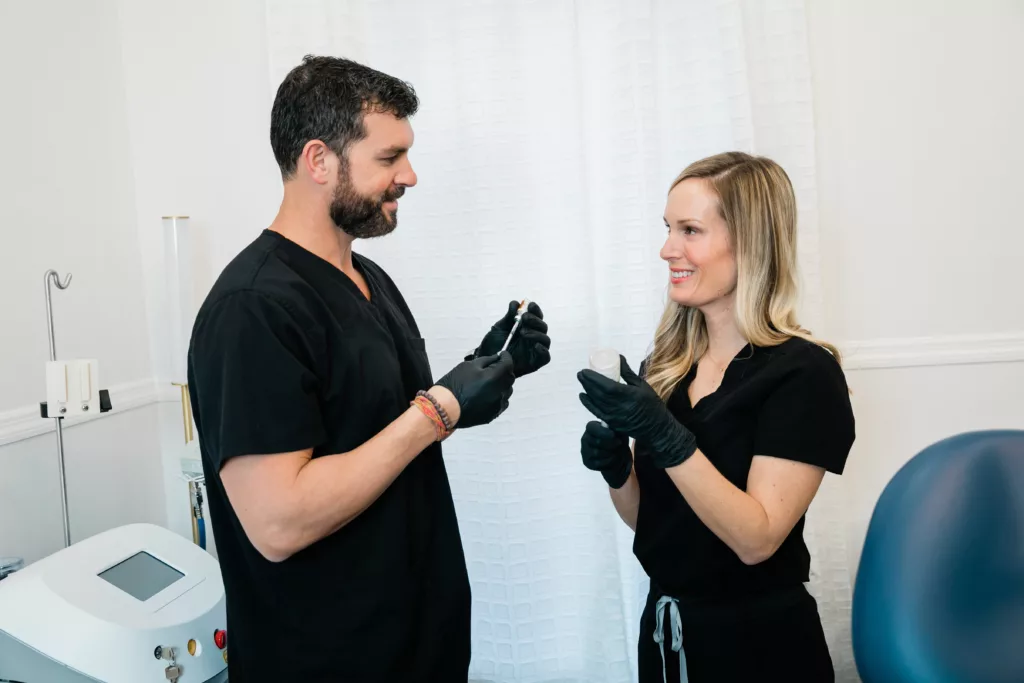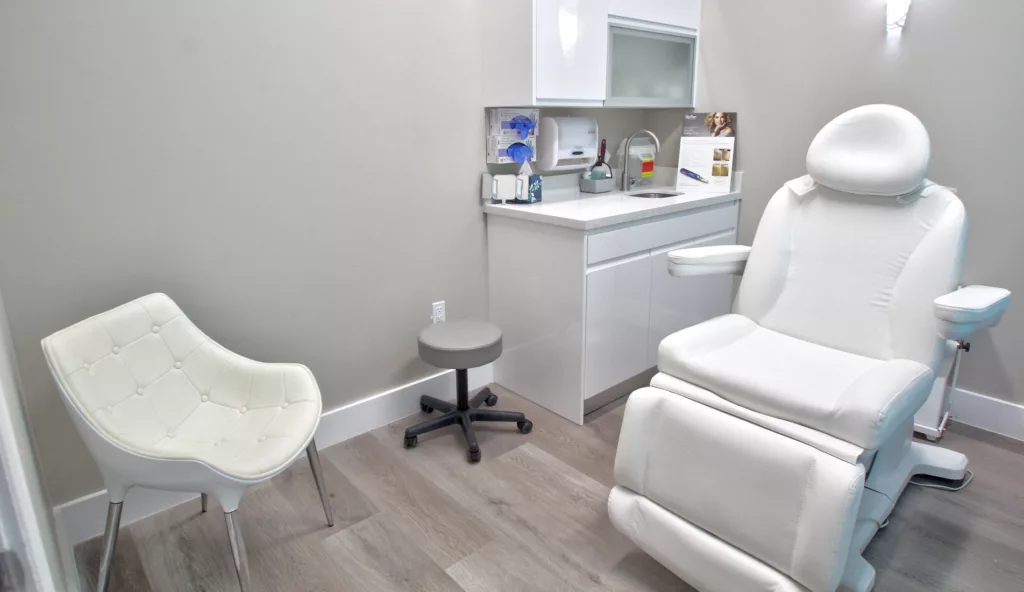When selling your practice, getting your landlord's approval for transferring your lease might seem like a minor detail - until it threatens to derail your entire sale. Let's break down what you need to know about this critical but often overlooked component of practice transitions.
A Common Surprise in Practice Sales
Picture this: You've found the perfect buyer, negotiated favorable terms, and signed the purchase agreement. Everything seems set for a smooth closing until you hit an unexpected roadblock - your landlord must formally approve the new buyer before they can take over your space. This requirement isn't just a formality; it's a legal necessity that can significantly impact your timeline.
Understanding Your Lease Assignment Rights
Your lease agreement gave your practice specific rights to occupy and operate in your landlord's space. When selling your practice, these rights must be formally transferred or "assigned" to the new owner through a lease assignment. Without this assignment, your buyer won't have the legal right to practice in that location, regardless of the practice sale agreement.
Starting the Assignment Process
The first step is reviewing your current lease agreement, preferably with your attorney. Your lease should outline the specific requirements for requesting an assignment. Some leases might restrict assignments entirely, while others will detail the exact process and documentation needed.
Working With Your Property Manager
Most practice owners work with property managers who act as intermediaries between you and the actual property owners. Here are the key steps in the approval process:
- Submit a formal assignment request
- Provide buyer financial documentation
- Wait for the property manager's review
- Respond to additional information requests
- Obtain final landlord approval
- Execute assignment documents
Time and Persistence Matter
From our experience guiding hundreds of practice transitions, we've learned landlord approval often takes longer than expected. Property managers typically handle numerous properties and may not prioritize your request. While frustrating, staying professional and persistent in your follow-up is crucial for keeping the process moving.
Looking Ahead
Even after approval, you might need to maintain some connection to the lease through a personal guarantee for a period after the sale. Understanding this possibility early helps set realistic expectations for you and your buyer.
Protecting Your Transaction
The best approach is addressing lease assignment early in your sale process. Understanding your rights and restrictions before you have a buyer interested in your practice can help prevent delays or complications during the actual sale process. This proactive approach has helped many of our clients avoid the stress and uncertainty that comes with last-minute lease assignment issues.
Remember, while getting landlord approval might feel like an unnecessary hurdle, it's a standard part of practice transitions. Planning and understanding the process can help ensure this step doesn't become the factor that delays or derails your practice sale.



